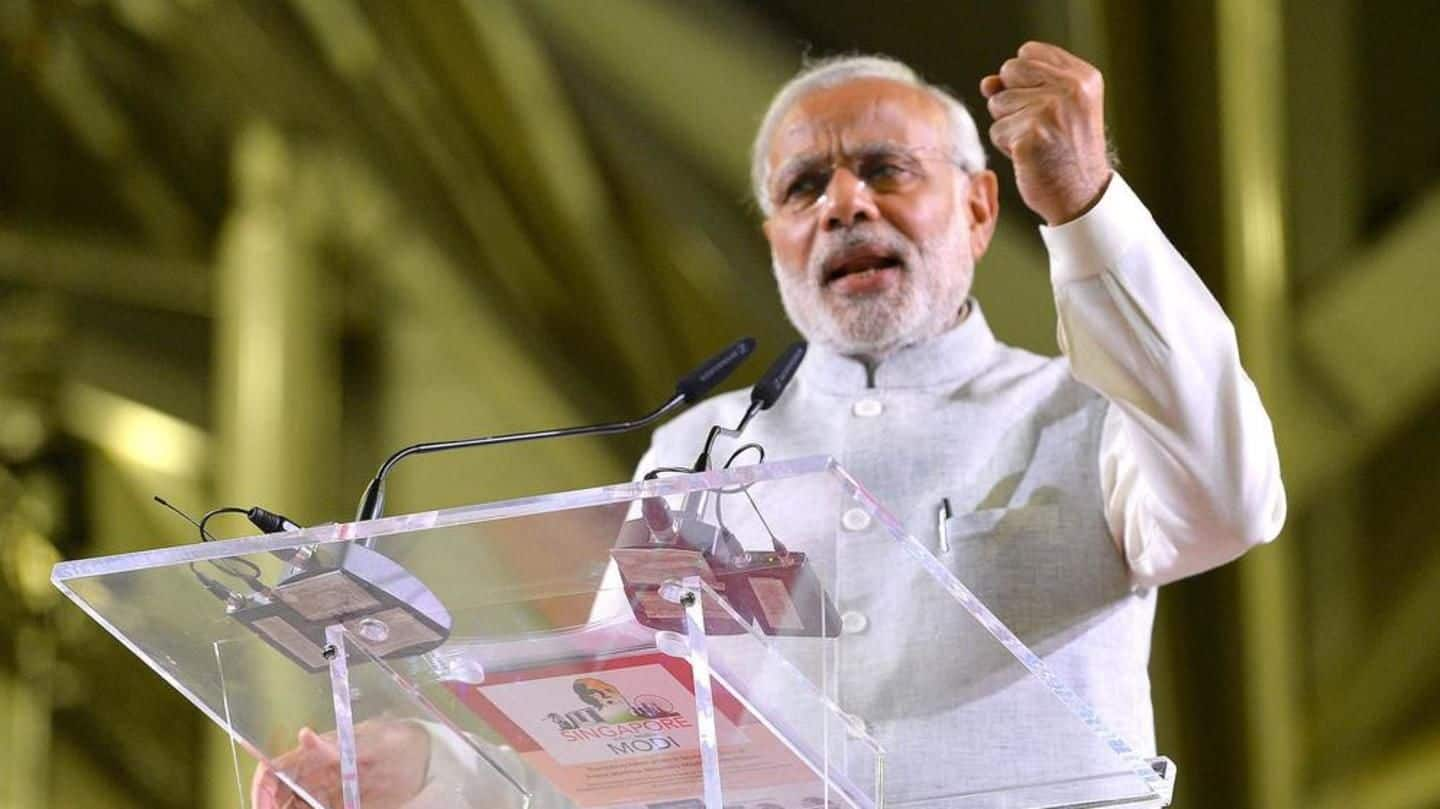
US Senators write to Modi on India's data localization policy
What's the story
Two top American Senators, John Cornyn and Mark Warner, have asked Prime Minister Narendra Modi to adopt a soft stance on data localization, warning that India's policy on the issue will adversely affect American businesses in the country.
Data localization is an act of storing data on any device physically present within the borders of a particular country where the data was generated.
Information
RBI asks system providers to comply with data localization policy
The RBI, in a circular in April, said all system providers will have to ensure that the entire data relating to payment systems operated by them are stored in a system only in India. It gave time till October 15 to comply with the mandate.
Negative impact
Data localization requirements will have negative impact: Senators
"Data localization requirements, such as those contained in draft Data Protection Bill and draft National e-Commerce Policy Framework, will have negative impacts on ability of companies to do business in India...and will likely not improve the security of Indian citizens' data," the Senators said.
When companies adopt high-quality privacy safeguards, the location of data has no bearing on whether data is secure, they argued.
Business inefficiency
Forced data localization requirements create inefficiencies for businesses, consumers
"In addition to effectively reducing data security, forced data localization requirements create inefficiencies for both businesses and consumers, raising the cost of procuring and delivering data services including ones that local Indian businesses utilize on a daily basis," the US Senators said.
"Ultimately, they also increase the cost, and/or reduce the availability of, data-dependent services," said the letter.
Dialogue
Senators encourage dialogue on data localization issue between US, India
Cornyn from Republican Party and Warner from Democratic Party are co-chairs of powerful Senate India Caucuses.
"Both the protection and security of data, as well as access to data for lawful purposes, can be enabled without a requirement that data be stored in a specific physical location. We encourage increased dialogue on these issues between law enforcement agencies in US and India," they said.
US IT companies
American IT companies against India's data localization policy
The letter comes amidst reports that major American IT companies are up in arms against the latest Indian directive.
American financial companies are believed to have approached the administration against the RBI directive which, beginning October 15, requires them to store in India any payment-related data from transactions that take place inside the country.
India has rejected their request for mirroring.
Prohibitions
Prohibitions are required on data-localization for information's free flow
Deputy US Trade Representative and US Ambassador to WTO, Dennis Shea, said, "We want to have prohibitions on data localization to ensure that there's free flow of information, free flow of data across borders, disciplines around countries requiring companies to give up their source code, permanent ban on taxation, or duties on digital transmissions."
Shea didn't specifically point out India on data localization issue.